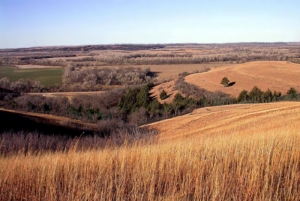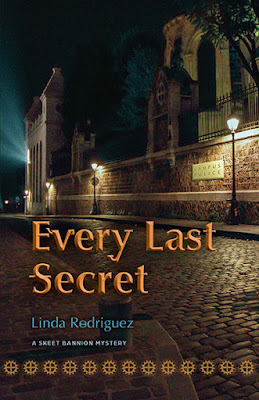2024 Because I Could Not Stop for Death by Juliana Aragón Fatula

Dear Reader,
Just so you know, I’ve switched to every other month so this is my first post and I’ll be back in April 2024. As for what I’ve been up to lately, I’ve been away from home staying with a friend and working on my novel. I’ve made the changes suggested by my editor and have been killing my darlings. I’ve cut 1/3 of the pages and will be rewriting scenes that were too distracting from the plot.
This is my first attempt at writing a mystery novel. It’s taken me years but life gets in the way. When I’m away from home staying with my sister/friend who gives me a room of my own, I can write freely without interruptions. At home, I’m always distracted by my husband, the doggies, laundry, etc. Here I write and read and do research and enjoy the process as it should be with no one but me and my characters.
I have a fabulous editor who is working with me from Macondo. Macondo Writers Workshop is a weeklong experience for professional writers. The Macondistas recognize their place in our society. They are professional or master’s level of writers. I signed up for the writing workshop called Chuparosa con Ganas. Translated this means butterflies with desire. I accidentally sent my editor an email with Chupacabras con Ganas in the subject line, oops. We had a good laugh.
Her notes to me were thorough and professional. She told me what I needed to hear. The good and the bad. I have thick skin and have done several workshops over the years and received critiques of my writing but as a poet, not a novelist. I’m learning and becoming a better writer because of listening to those master writers who critique my work and give me positive feedback. I’ve also critiqued writers and given my feedback on their writing. I enjoy the experience of workshopping. I miss the camaraderie and passion of working with other writers.
I was invited and accepted to blog for the Stiletto Gang, thanks to Linda Rodriguez, a Macondista. I met her at an AWP conference in Denver many years ago. She has been instrumental in my writing my first mystery. So I share a post every other month for the Stiletto Gang; she also writes once every other month. I’ll be her partner in crime.
It’s been a year from hell for me but I’ve taken my lemons and made margaritas. Emily Dickinson said it best.
Because I could not stop for Death—
He kindly stopped for me—
The Carriage held but just Ourselves—
And Immortality.
We slowly drove—He knew no haste
And I had put away
My labor and my leisure too,
For His Civility—
We passed the School, where Children strove
At Recess—in the Ring—
We passed the Fields of Gazing Grain—
We passed the Setting Sun—
Or rather—He passed us—
The Dews drew quivering and chill—
For only Gossamer, my Gown—
My Tippet—only Tulle—
We paused before a House that seemed
A Swelling of the Ground—
The Roof was scarcely visible—
The Cornice—in the Ground—
Since then—’tis Centuries—and yet
Feels shorter than the Day
I first surmised the Horses’ Heads
Were toward Eternity—
Emily Dickenson 1830-1886
Last year I lost my only child, Daniel. This year I’m saying goodbye to my sister, Judy. The circle of life teaches us about death and makes us appreciate our loved ones while they are here on Earth. This post is dedicated to Daniel and Judy.
Juliana Aragón Fatula, a 2022 Corn Mother, women who have earned accolades for community activism and creative endeavors is the author of: Crazy Chicana in Catholic City, Red Canyon Falling on Churches, winner of the High Plains Book Award for Poetry 2016, and a chapbook: The Road I Ride Bleeds, and a member of Colorado Alliance of Latino Mentors and Authors, and Macondo, “a community of accomplished writers…whose bonds reflect the care and generosity of its membership.” She mentors Bridging Borders, a Teen Leadership Program for girls. No justice no peace.

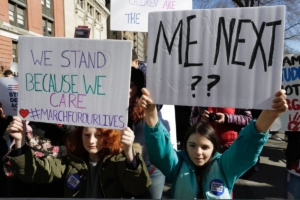 Existing While Brown or Black in America by Linda Rodriguez
Existing While Brown or Black in America by Linda Rodriguez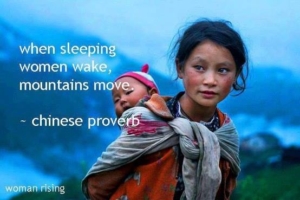 ¡AY, QUÉ LÀSTIMA! by Linda Rodriguez
¡AY, QUÉ LÀSTIMA! by Linda Rodriguez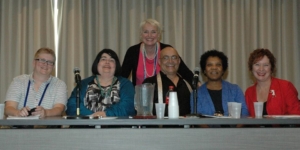 The Arts Are For Everyone! by Linda Rodriguez
The Arts Are For Everyone! by Linda Rodriguez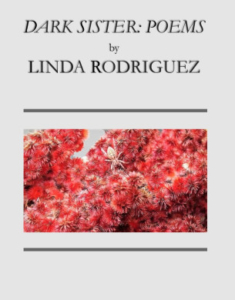
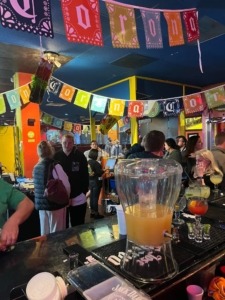 CINCO DE MAYO – More Than Mexican for a Day by Linda Rodriguez
CINCO DE MAYO – More Than Mexican for a Day by Linda Rodriguez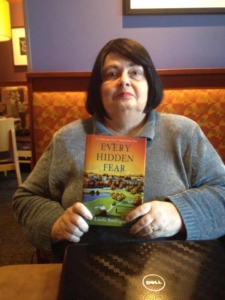 awards, such as St. Martin’s Press/Malice Domestic Best First Novel, International Latino Book Award, Latina Book Club Best Book of 2014, Midwest Voices & Visions, Elvira Cordero Cisneros Award, Thorpe Menn Award, and Ragdale and Macondo fellowships. She also published Plotting the Character-Driven Novel, based on her popular workshop.
awards, such as St. Martin’s Press/Malice Domestic Best First Novel, International Latino Book Award, Latina Book Club Best Book of 2014, Midwest Voices & Visions, Elvira Cordero Cisneros Award, Thorpe Menn Award, and Ragdale and Macondo fellowships. She also published Plotting the Character-Driven Novel, based on her popular workshop.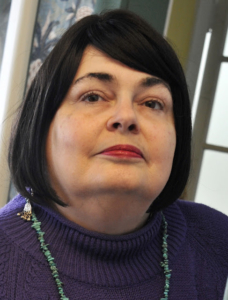 Linda Rodriguez’s 13th book, Unpapered: Writers Consider Native American Identity and Cultural Belonging, will publish in May 2023. She also edited Woven Voices: 3 Generations of Puertorriqueña Poets Look at Their American Lives, The World Is One Place: Native American Poets Visit the Middle East, The Fish That Got Away: The Sixth Guppy Anthology, Fishy Business: The Fifth Guppy Anthology, and other anthologies.
Linda Rodriguez’s 13th book, Unpapered: Writers Consider Native American Identity and Cultural Belonging, will publish in May 2023. She also edited Woven Voices: 3 Generations of Puertorriqueña Poets Look at Their American Lives, The World Is One Place: Native American Poets Visit the Middle East, The Fish That Got Away: The Sixth Guppy Anthology, Fishy Business: The Fifth Guppy Anthology, and other anthologies.